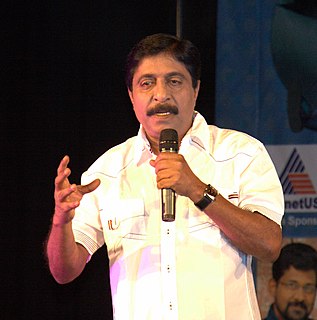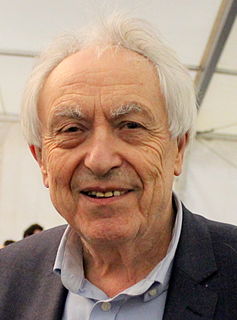A Quote by Frederick Buechner
He also said we should carve in the year and place where I was born, but I said no. As a man dies many times before he's dead, so does he wend from birth to birth until, by grace, he comes alive at last.
Related Quotes
As to what pertains to the case of infants: You [Fidus] said that they ought not to be baptized within the second or third day after their birth, that the old law of circumcision must be taken into consideration, and that you did not think that one should be baptized and sanctified within the eighth day after his birth. In our council it seemed to us far otherwise. No one agreed to the course which you thought should be taken. Rather, we all judge that the mercy and grace of God ought to be denied to no man born
When friends speak overmuch of times gone by, often it's because they sense their present time is turning them from friends to strangers. Long before the moment came to say goodbye, I think, we said goodbye in other words and ways and silences. Then when the moment came for it at last, we didn't say it as should be said by friends. So now at last, dear Mouse, with many, many years between: goodbye.
Then he exploded. "No!" he said. That familiar injunction. I'd heard it so many times. "No. I cannot take this steel. It would not be correct." He opened his knife drawer. "It goes here," he said, "until you return."(That's how you leave: by never saying good-bye.)And I learned that: to return. I came back the following year and the year after that. I hope to return every year (after all, I may never have the chance to learn so much), until I have no one to return to. (301)
Augustine said that we were all born into the world of "common grace" [i.e., available to all]. Before one is baptized, or even if one never is, such grace meets one in God's creation. There is grace in the pear tree that blooms and blushes. There is common grace in the sea (that massive cleanliness which we are proceeding to corrupt), in the fact that there was, before we laid hands on it, clean air. Our task is to appreciate that grace.
[In response to Alfred Tennyson's poem "Vision of Sin," which included the line "Every moment dies a man, every moment one is born."] If this were true, the population of the world would be at a stand-still. In truth, the rate of birth is slightly in excess of death. I would suggest that the next edition of your poem should read: "Every moment dies a man, every moment 1 [and] 1/16 is born." Strictly speaking, the actual figure is so long I cannot get it into a line, but I believe the figure 1 [and] 1/16 will be sufficiently accurate for poetry.
The truth for women living in a modern world is that they must take increasing responsibility for the skills they bring into birth if they want their birth to be natural. Making choices of where and with whom to birth is not the same as bringing knowledge and skills into your birth regardless of where and with whom you birth.






































